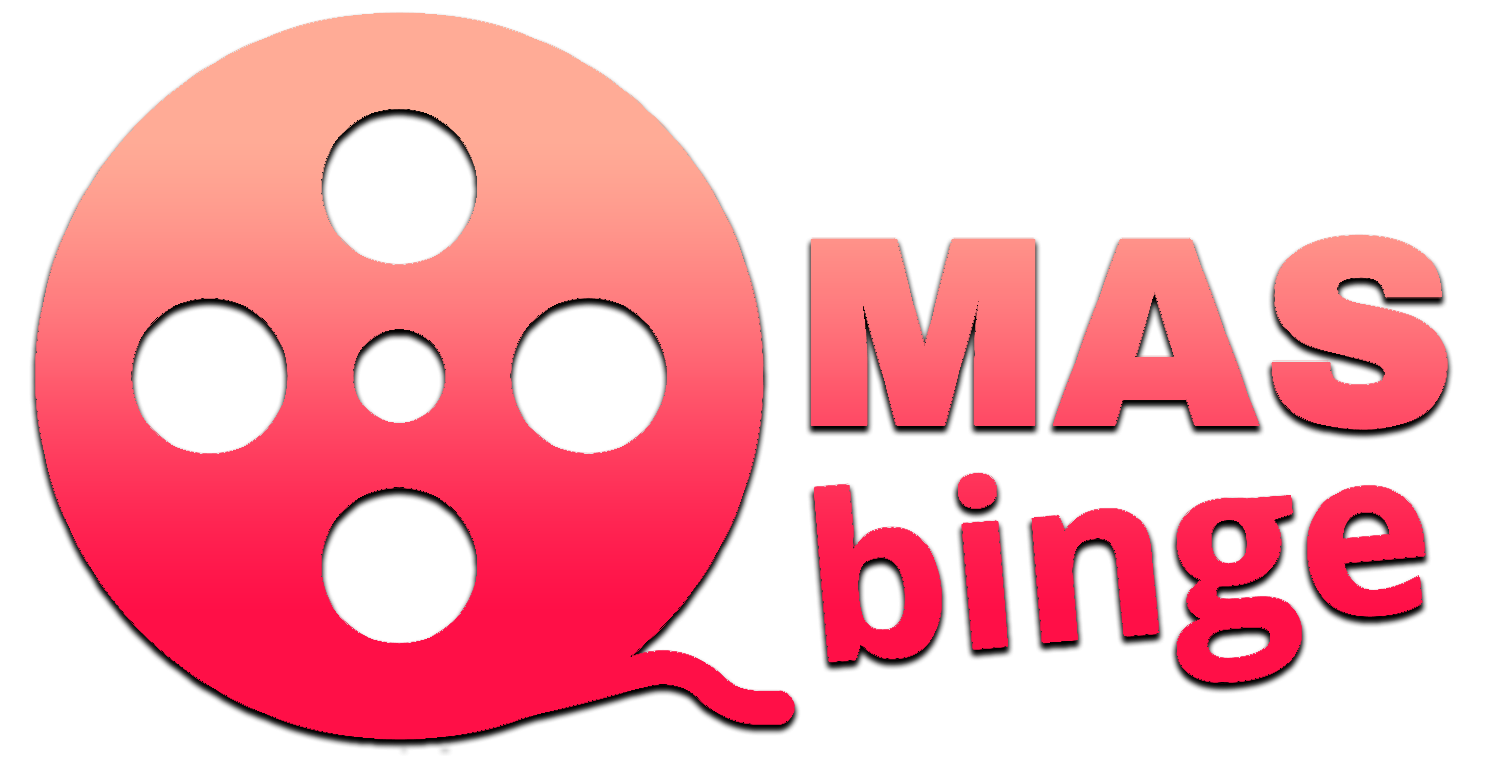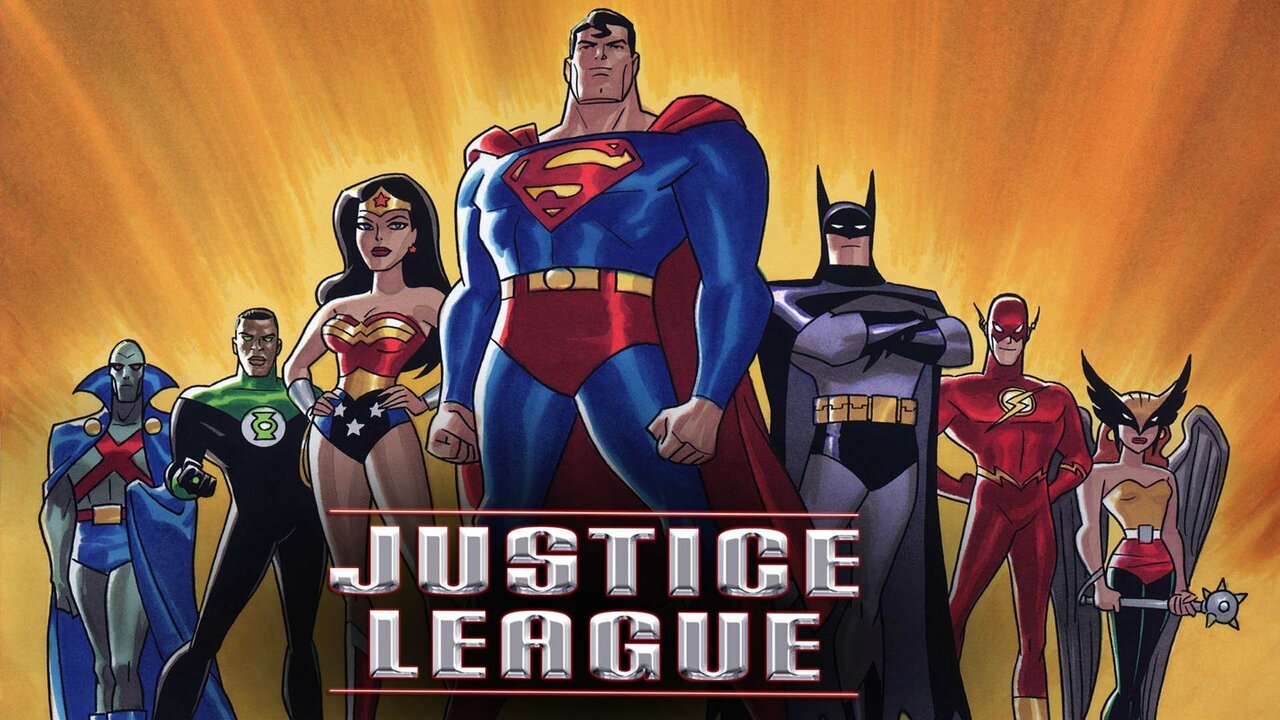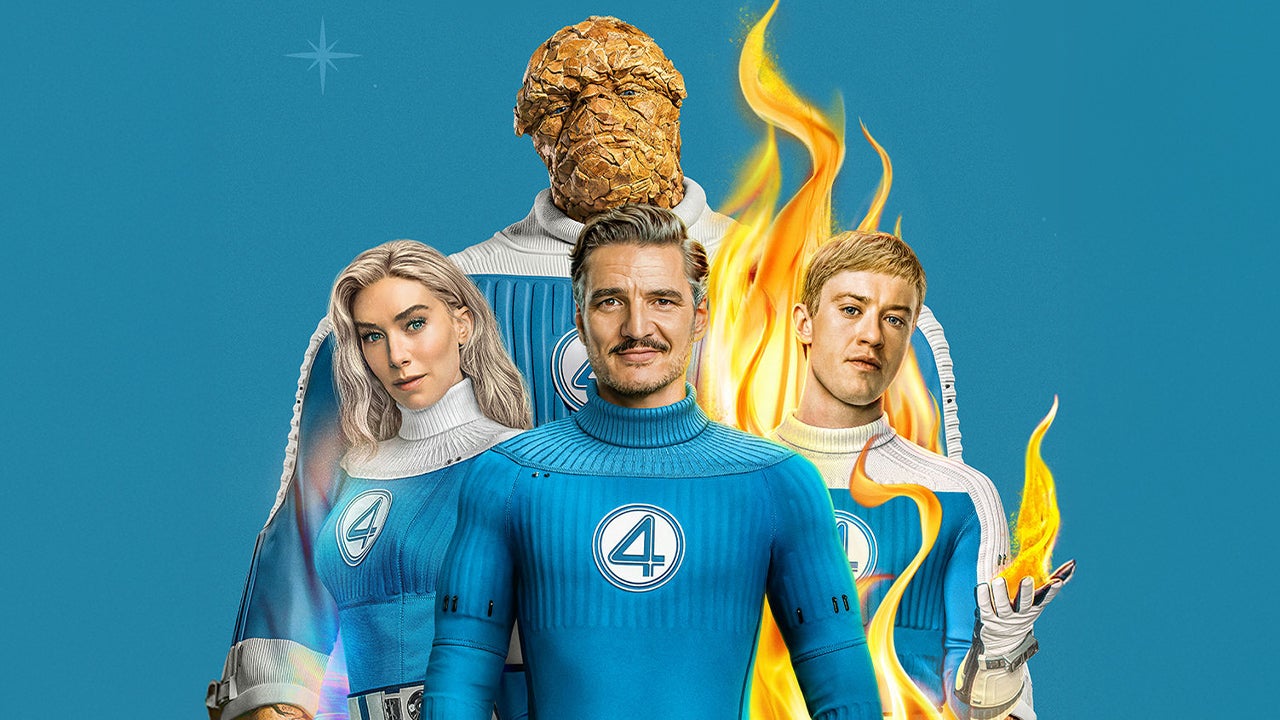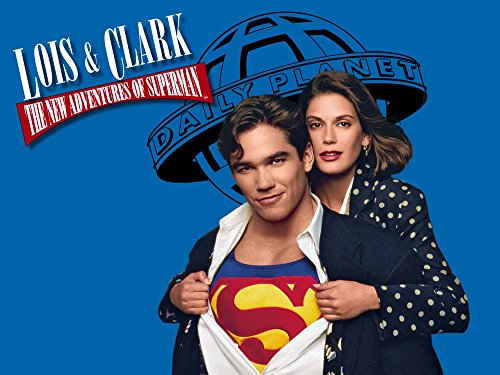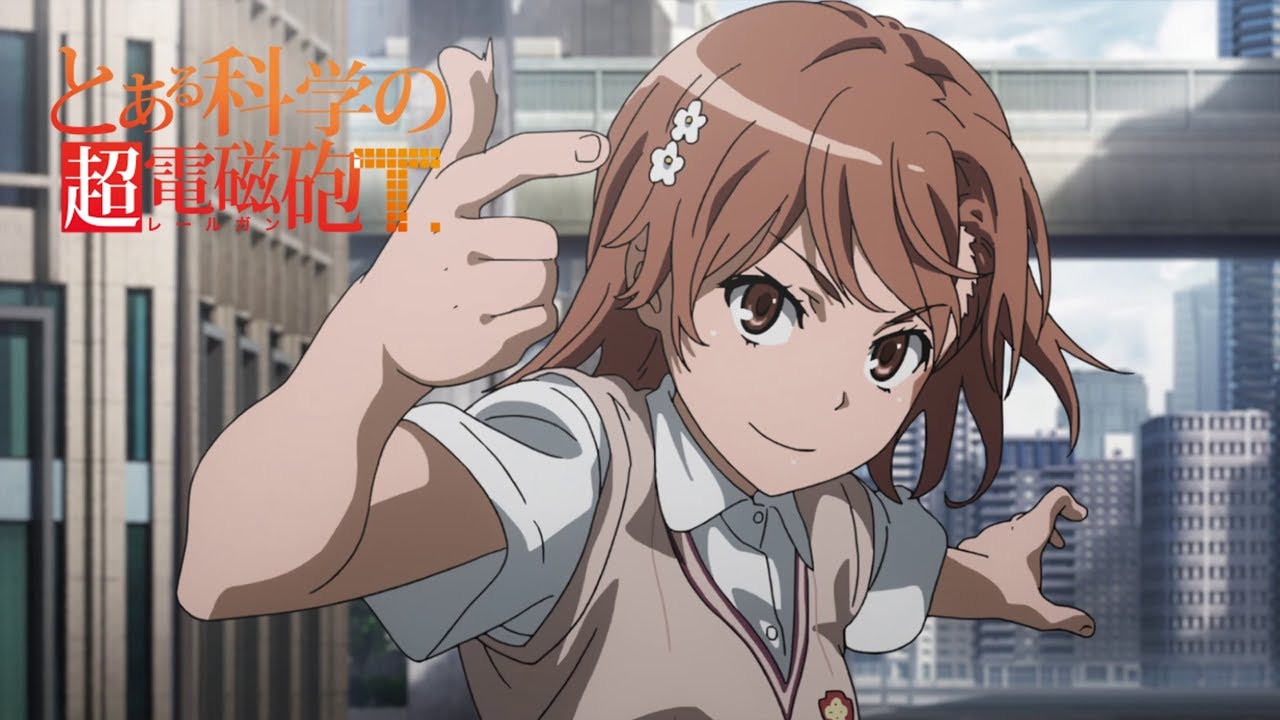Tokyo Ghoul: A Dark Dive into Humanity and Monstrosity

Among modern anime that explore the darker side of human nature, few have left as strong a mark as Tokyo Ghoul. Based on Sui Ishida’s manga, the anime adaptation first aired in 2014 and quickly became a global sensation. With its mix of horror, action, and existential philosophy, the series poses an unnerving question: what does it truly mean to be human?
Synopsis
The story centers on Ken Kaneki, a shy university student whose life takes a shocking turn after an encounter with a ghoul—a creature that survives by consuming human flesh. When Kaneki is critically injured, doctors unknowingly transplant ghoul organs into his body, turning him into a half-human, half-ghoul hybrid.
Now straddling both worlds, Kaneki struggles with his identity. He must learn to navigate ghoul society, battle hostile forces, and confront the psychological toll of living as both predator and prey.
Key Themes
Identity and Transformation:
Kaneki’s journey is one of self-discovery, as he wrestles with the question of whether he’s more human or more ghoul. His transformation is both physical and emotional, symbolizing the pain of not fully belonging anywhere.
Morality and Survival:
The anime blurs the line between good and evil. Ghouls are presented not just as monsters, but as beings with families, dreams, and struggles. It forces viewers to consider perspective and survival instincts from both sides.
Psychological Horror:
With graphic battles and haunting imagery, Tokyo Ghoul isn’t just about external threats. It’s also about the inner turmoil of losing one’s humanity, and how trauma shapes identity.

The Cast of Characters
Beyond Kaneki, the series introduces a host of complex characters:
Touka Kirishima, a strong-willed ghoul who teaches Kaneki about ghoul society.
Yoshimura, the kind-hearted manager of Anteiku café, who offers Kaneki guidance.
Amon Koutarou, a ghoul investigator whose black-and-white view of justice is challenged.
These relationships deepen the story, making it about far more than just gory battles.
Reception and Adaptation Issues
While the manga is widely praised, the anime adaptation has a more complicated reputation. The first season (2014) was well-received, with its faithful adaptation and powerful atmosphere. However, later seasons—particularly Tokyo Ghoul √A and Tokyo Ghoul:re—were criticized for pacing issues and deviations from the source material.
Despite this, the anime gained a massive fanbase worldwide, thanks to its unforgettable characters, emotional storytelling, and stunning opening theme Unravel by TK from Ling Tosite Sigure, which became iconic in anime culture.
Why It’s Worth Watching
Even with its adaptation flaws, Tokyo Ghoul remains one of the most impactful anime of the last decade. Its raw exploration of identity, morality, and survival continues to resonate with fans. For newcomers, it offers a dark but deeply moving story that balances action with philosophy.
If you’re interested in an anime that combines horror, tragedy, and self-discovery in equal measure, Tokyo Ghoul is a must-watch.
